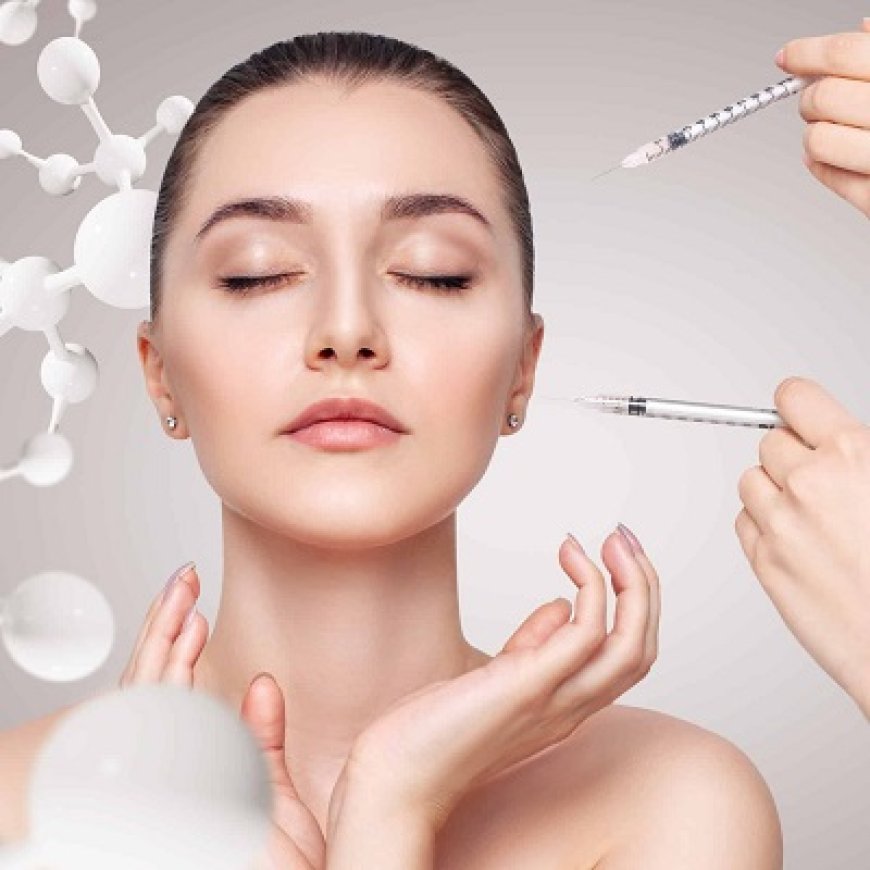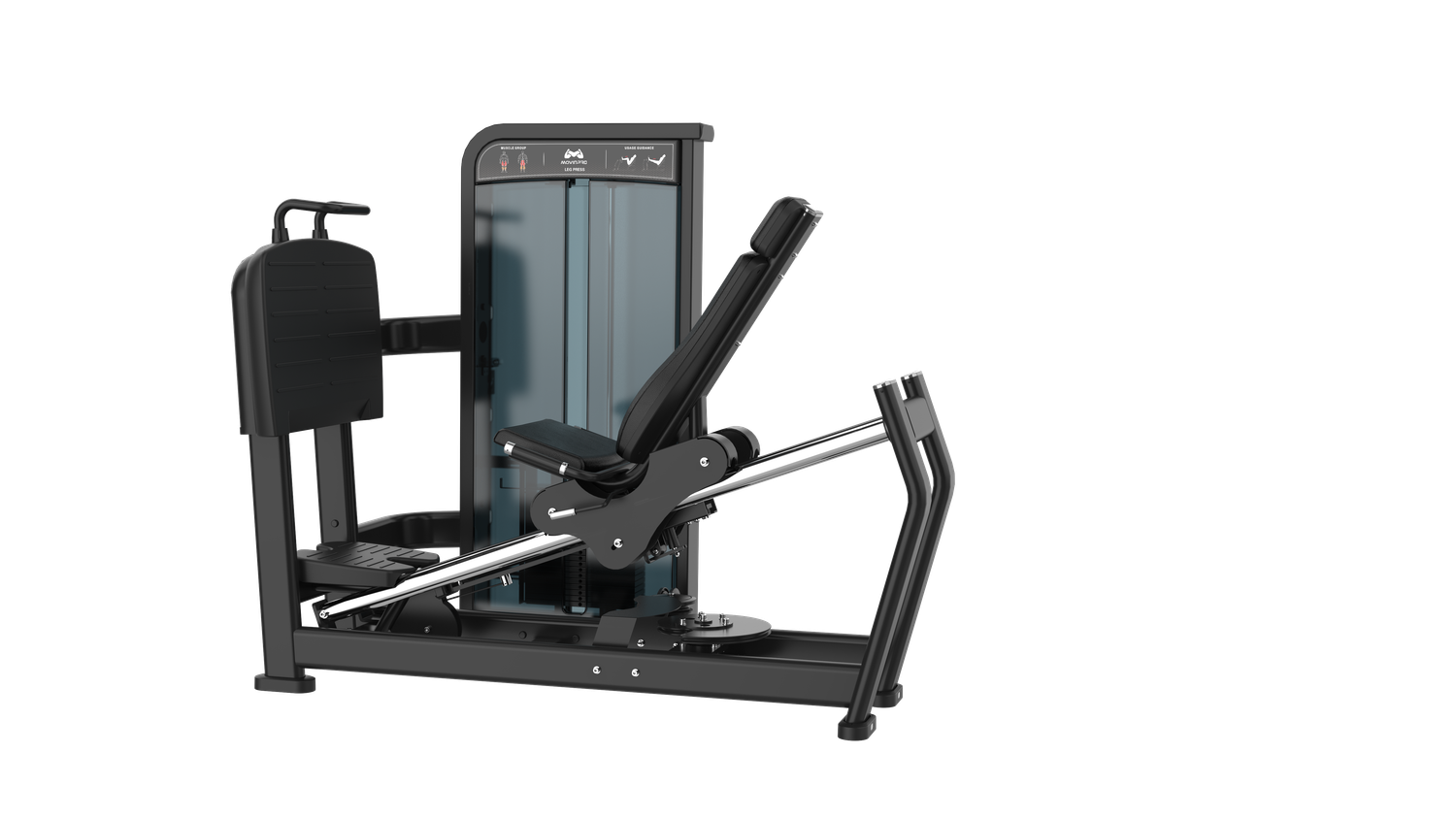How Long Do Dermal Fillers Last?
HydraFacial treatment deeply cleanses, exfoliates, and hydrates skin for a radiant, rejuvenated complexion, suitable for all skin types with immediate results.

Dermal fillers have become one of the most popular cosmetic treatments for individuals seeking to enhance their facial appearance by reducing fine lines, wrinkles, and restoring volume. While the immediate and dramatic effects of dermal fillers are highly appealing, one common question arises: How long do dermal fillers last? The answer depends on several factors, including the type of filler used, the area being treated, and individual lifestyle choices. In this blog, we will explore how long dermal fillers typically last and how to maximize their longevity.
What Are Dermal Fillers?
Dermal fillers in Islamabad are gel-like substances injected beneath the skin to enhance facial contours, add volume, and smooth out wrinkles. Most fillers are made from hyaluronic acid (HA), a naturally occurring substance in the skin that helps retain moisture and provide structure. Other types of fillers may be composed of calcium hydroxylapatite, poly-L-lactic acid, or even collagen.
These fillers are most commonly used for:
- Lip enhancement
- Cheek and jawline contouring
- Reducing nasolabial folds (lines running from the nose to the corners of the mouth)
- Smoothing marionette lines (lines that extend from the corners of the mouth to the chin)
- Filling in under-eye hollows
- Adding volume to the temples and hands
How Long Do Different Types of Dermal Fillers Last?
The longevity of dermal fillers largely depends on the type of filler and the treatment area. Below is a general guide to how long various fillers last:
-
Hyaluronic Acid (HA) Fillers:
Hyaluronic acid fillers are the most commonly used and versatile fillers. Popular brands include Juvederm, Restylane, and Belotero. HA fillers are temporary but can last between 6 to 18 months, depending on the specific product and area of the face being treated.- Juvederm Voluma, which is used to add volume to the cheeks, can last up to 18 months.
- Restylane Silk and Juvederm Ultra, often used for lip augmentation, typically last between 6 to 12 months.
These fillers are broken down by the body naturally over time, and follow-up treatments can help maintain the desired look.
-
Calcium Hydroxylapatite Fillers:
Fillers like Radiesse use calcium hydroxylapatite, a substance found naturally in bones, to restore volume and reduce deep lines. These fillers tend to last longer than HA fillers, typically around 12 to 18 months.- Radiesse is often used for deeper wrinkles and facial contouring and is known for its ability to stimulate collagen production, offering longer-lasting results.
-
Poly-L-Lactic Acid Fillers:
Sculptra is a filler made from poly-L-lactic acid, which works by stimulating collagen production in the skin. Unlike other fillers that show immediate results, Sculptra works gradually, with full effects visible after a series of treatments. The results from Sculptra can last up to 2 years or more, depending on the number of sessions and individual factors. -
Collagen Fillers:
Although less commonly used today, collagen fillers were one of the first dermal fillers available. They provide quick results, but these results are shorter-lived, typically lasting between 3 to 6 months. Collagen is often replaced by more modern fillers like hyaluronic acid because of its longer-lasting effects and lower risk of allergic reactions. -
Permanent Fillers:
Some fillers, such as Bellafill, are considered semi-permanent and can last for 5 years or more. These fillers are often used for deeper wrinkles or for conditions like acne scars. However, permanent fillers are not as easily reversible as hyaluronic acid-based options and should be used with caution.
Factors That Affect the Longevity of Dermal Fillers:
Several factors influence how long dermal fillers last, including:
- Area of Treatment: Fillers in areas with less movement, such as the cheeks, tend to last longer than those in more mobile areas like the lips or mouth, where fillers are subject to more frequent motion.
- Metabolism: People with faster metabolisms may break down fillers more quickly, resulting in shorter-lasting effects.
- Type of Filler: As noted earlier, different fillers have varying durations. HA fillers are typically temporary, while poly-L-lactic acid and calcium hydroxylapatite fillers may last longer.
- Lifestyle Factors: Sun exposure, smoking, and frequent exercise may accelerate the breakdown of fillers. On the other hand, a healthy lifestyle, proper skincare, and sun protection can help prolong the effects.
How to Maintain Your Results:
To maintain the benefits of dermal fillers, follow-up treatments are usually required every 6 to 18 months, depending on the type of filler and how your body responds to it. Here are a few tips to help prolong the effects of your treatment:
- Protect your skin from the sun: Sun exposure can break down fillers more quickly. Using sunscreen and avoiding excessive sunlight will help protect your skin and your filler results.
- Avoid smoking: Smoking can reduce collagen production and accelerate the breakdown of fillers.
- Stay hydrated: Drink plenty of water to keep your skin and fillers hydrated, especially with HA fillers, which attract and retain water.
- Maintain a healthy skincare routine: Using moisturizers, serums, and sunscreens can help maintain skin health and filler longevity.
Conclusion:
Dermal fillers are a versatile and effective solution for enhancing facial features, restoring lost volume, and smoothing out wrinkles. How long they last depends on the type of filler used, the area of treatment, and individual factors such as metabolism and lifestyle. On average, most fillers last between 6 to 18 months, with some lasting up to 2 years or more. To maintain your results, periodic follow-up treatments are recommended, along with a healthy skincare routine and protective measures like sunblock.
For more information visit Dynamic Clinic PK
What's Your Reaction?
















